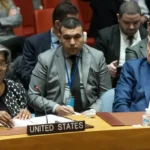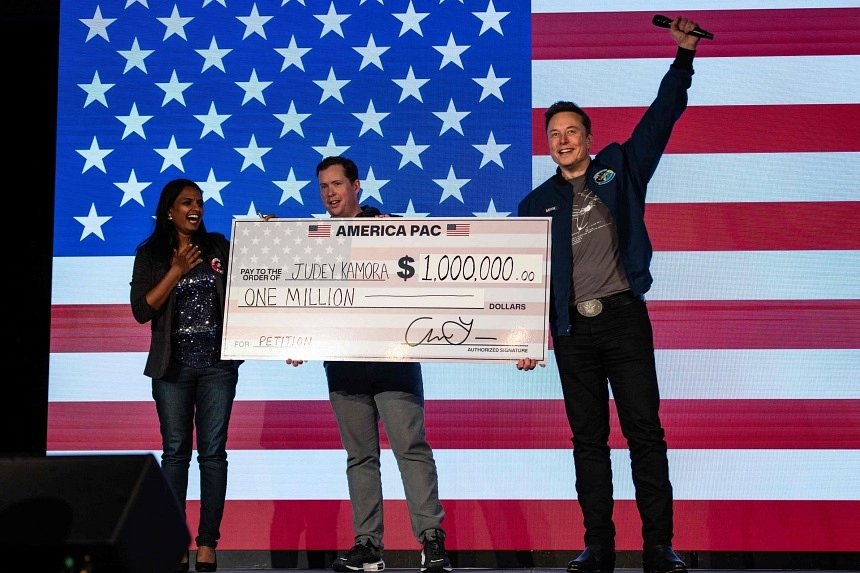In a ruling of great importance, a federal judge has ruled that billionaire entrepreneur Elon Musk may continue the effort to pay US voters $1 million in payouts. The judge ruled yesterday following weeks of intense legal review and public discussion over how Musk has inspired people to vote. Musk’s Voter Engagement Foundation created the program to get people to participate in a democratic society by paying them to go out and vote.
Background: Musk’s Voter Incentive Bid for Higher Turnout
Musk launched his voter incentive program through a newly established foundation, claiming it would respond to American voter apathy. An alarming trend by the US Census Bureau reports about lower voter turnout among parts of the population, notably younger people. He is known for his ventures, poised to take the world to another level of technological and space complexities. His motivation in pursuing a unique, high-profile campaign came from concern over the people’s disengagement toward electoral processes.
Read Also:Biden administration issues ambitious new rules for cars to reduce carbon emissions
We want to remind every American of their vote’s power,” Musk said at a recent press conference. He clarified that the financial reward was supposed to be positive reinforcement, not an attempt at manipulating voter choice.
How the $1 Million Payouts Will Work
Initiated by Musk, ballots in local, state, or national election voting shall give US voters a chance to draw millions. The entry processes use blockchain validation technology, consistent with his promise toward transparency and safety. While blockchain represents transactional validity for its mostly exclusive use regarding cryptocurrencies, in verifying entry, entry is recorded, and validation is seen and confirmed authentic and incapable of tampering.
The Musk Foundation has stated that the money will be spent without regard to political parties, hence keeping a strict non-partisan approach. The program will likely be a pilot for the next election cycle, with the potential for extension depending on its effect on voter turnout.
Legal and Ethical Controversy Surrounding the Initiative
The approach has also been controversial among lawmakers and advocacy groups, who argue that financial incentives can unduly and unfairly influence citizen voting, thus displacing the principles of elections. Some have argued that financial considerations might influence decisions such that citizens may vote solely for the gratification of the payout opportunity instead of other intrinsic reasons.
Musk’s lawyers retorted that the payments motivated civic action and did not sponsor any specific candidate or issue. The court ruled in favor of Musk, holding that this effort does not violate the principles of free speech and does not contribute to the harm of election integrity in any way.
Mixed Reaction by the Public and Political Analysts
However, the public and political observers have met this decision differently. Supporters of this cause believe that money-related incentives will help solve chronic problems of low voter turnout, particularly in younger age groups. The idea is that associating a more concrete prize with voting by the Musk Foundation will reinvigorate the democratic process.
Opponents, however, are worried that money-based incentives might set a precedent for electoral strategies in the future: “It makes it increasingly difficult to distinguish between the line of engagement and influence,” says political analyst Dr. Julia Carter, “While the idea may be commendable, we need to exercise caution lest elections become transactional affairs.”
Now that the plan has judicial approval, voter incentives from Musk will go down in history to influence waves in future election cycles. The impacts on voters are expected to be scrutinized, and if the initiative bears fruit, the program will inspire others to help galvanize civic activity.
Musk sees the project as an ambitious foray into social issues that he hopes will have a lasting impact. “Our goal is to empower every citizen to exercise their rights,” he stated. A more robust democracy benefits everyone.”















